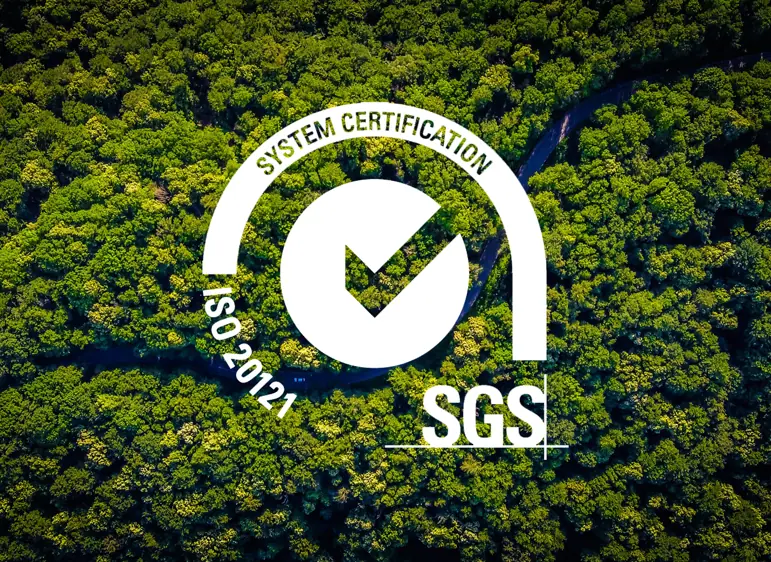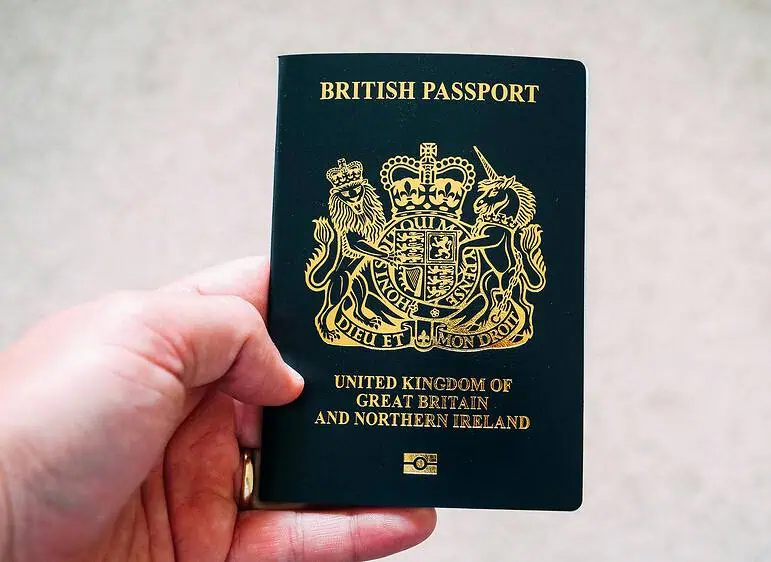
The Corporate Sustainability Reporting Directive
A guide for travel managers
Businesses have come under increasing pressure, in recent years, to demonstrate their commitments and action around sustainability and social responsibility. And now the Corporate Sustainability Reporting Directive (CSRD) is driving forward a higher level of accountability to this, requiring more data and evidence than ever before. The new directive will be felt right the way through supply chains, with an expectation on businesses of all sizes to report on sustainability and social responsibility, measures which will undoubtedly become a mandatory element of travel programmes.
This article sets out the requirements of the directive on obligated businesses and how to prepare for the first mandatory disclosures, the impact on business travel programmes and the opportunities for those managing the travel plans for sports, media, music and entertainment organisations.
Understanding the Corporate Sustainability Reporting Directive (CSRD)
The European Union’s (EU) Corporate Sustainability Reporting Directive), which came into force on 5 January 2023, builds upon the existing Non-Financial Reporting Directive (NFRD) and introduces several significant changes. It will vastly increase the accountability of corporate social responsibility, with obligated businesses required to report on the environmental, social and governance (ESG) impact of their activities.
The CSRD aligns with global sustainability trends and frameworks, such as the United Nations Sustainable Development Goals (SDGs) and the Task Force on Climate-related Financial Disclosures (TCFD). It aims to create a more consistent and comprehensive framework for sustainability reporting across the world, and to promote transparency and accountability.
The key provisions of the directive include:
- Expanded Scope: The CSRD broadens the scope of reporting to cover more organisations, including small and medium-sized enterprises (SMEs), and extends reporting requirements to more sustainability-related topics.
- Mandatory Reporting: Under the CSRD, sustainability reporting will become mandatory for large and listed companies in the EU, with detailed reporting requirements and standardised formats.
- Digital Reporting: The directive requires companies to submit their sustainability reports in a digital, machine-readable format, enhancing transparency and accessibility.
- Third-Party Assurance: The CSRD encourages the use of third-party assurance to validate the accuracy and reliability of sustainability information.
Who will CSRD apply to?
The CSRD directive applies to companies listed on regulated marketing in the EU (apart from listed micro-enterprises) and ‘large’ companies, which are defined as meeting two out of three criteria:
- Businesses with more than 250 employees.
- A turnover of over €40 million turnover.
- Over €20 million total assets.
It also applies to smaller EU companies that are publicly listed, although there will be a transitional period for those, and non-EU businesses with a net turnover in the EU of more than €150 million, and with at least one subsidiary or branch in the union.
Whilst it is estimated that the directive affects around 50,000 enterprises directly, it will indirectly impact many more throughout global supply chains, as businesses that don’t currently meet the directive’s criteria will be required to supply information and data to their suppliers and/or their clients. It is also expected that other countries outside of the EU will want to follow suit and standardise sustainability reporting, underscoring the importance for all businesses worldwide to be fully aware of the requirements of this directive.
When will the CSRD be implemented?
The CSRD came into force on 5 January 2023, with EU member states given 18 months to implement into national law. The first mandatory disclosures will cover the year 2024 and must be submitted in 2025. Implementation will be staggered into three stages:
- Companies already subject to the Non-Financial Reporting Directive (NFRD) will have to comply from 1 January 2024 (reporting in 2025 on 2024 data).
- Large companies not subject to the NFRD will have to comply from 1 January 2025 (reporting in 2026 on 2025 data).
- Listed SMEs will have to comply from 1 January 2026 (reporting in 2027 on 2026 data).
- Third-country-undertakings with net turnover above 150 million in the EU will have to comply on 1 January 2023 (reporting in 2029 on the 2028 financial year) if they have at least one subsidiary or branch in the EU exceeding certain thresholds.
What data will be required?
The CSRD will hold businesses accountable for their sustainability commitments by introducing set standards and specific formats for reporting, as well as requirements around auditing the data provided. The data required for various sustainability indicators will include:
- Environmental impact and greenhouse gas emissions.
- Diversity and inclusion, such as gender diversity and pay ratios.
- Human rights practices, such as child labour.
In addition to reporting their own data on these areas, businesses will also need to disclose how their supply chains perform on each, which means even those businesses that fall outside of the criteria will still be affected. Failure to meet the reporting requirements of the directive could result in fines, as well as reputational damage.
What impact will CSRD have on travel managers?
Organisations required to supply data are likely to come under increased scrutiny of the impact of their travel programmes. And with the new data requirements placing emphasis on sustainable practices, travel managers are likely to find themselves at the forefront of their organisations’ sustainability efforts. They will need to become more accountable for the way their business travel is managed, with a requirement to understand the impacts of their decisions and ensure these decisions align with their organisation’s purpose and goals around sustainability.
Those managing travel within an organisation will also have a crucial role implementing tracking systems, and gathering, verifying, and reporting the environmental impact of corporate travel – from flight emissions, accommodation, and ground transportation.
Not only will the directive require businesses to look at their own data related to travel, but it will also require them to review the data of the companies they work with. Collaboration will be key to ensure that this data is accurate, and travel managers will need to lean on their Travel Management Companies (TMCs) to support the collection and ensure all partners are well-aligned on their sustainability goals.
Do you need help to prepare for the CSRD directive?
We understand the unique challenges that face the sports, entertainment and media sectors when it comes to managing sustainable travel programmes. But we also know that significant positive changes can be achieved through collaboration and close working with our global network of travel suppliers.
We can help businesses align their travel programme with their organisations’ sustainability goals and help prepare for the data and requirements of the CSRD directive. Certified to ISO 20121, we can advise on the most sustainable travel and accommodation options for our clients, supporting you to:
- Design a more sustainable event.
- Manage a sustainable travel programme.
- Report your carbon impact.
Get in touch and chat to a member of our team to find out more.
Summary
The Corporate Sustainability Reporting Directive represents a significant step towards a more sustainable and transparent business travel landscape. Travel managers within obligated businesses, as well as those throughout their supply chain, will need to adapt to these new reporting requirements by embracing sustainable travel practices, collaborating with teams, suppliers and travel management companies, and implementing robust tracking and reporting systems.
Whilst the directive undoubtedly brings challenges, it will also provide opportunities. With more information available to travel managers and travel management companies than ever before, CSRD presents opportunities for travel managers and organisations to better understand and manage their supply chains and help drive positive change within the travel industry as a whole.
What business travel data will be required?
Among the 1,144 data points that businesses will be required to report on, there is a section on climate change which includes a breakdown of “significant” Scope 3 emissions.
Scope 3 emissions are indirect emissions from sources that are not owned or controlled by the company or organisation, but are related to its activities, such as suppliers, customers, business travel, waste disposal etc. One of the specified significant line items in this section is business travel.
Any business that has fewer than 750 employees can omit Scope 3 reporting for Year 1. But all other businesses will need to state their business travel emissions for the first mandatory disclosures, as well as their targets for business travel for the years 2025, 2030 and 2050. The current draft of standards for CSRD state that reporting should use the Greenhouse Gas Protocol for Scope 3 emissions.
Please note
This article is a guide to the Corporate Sustainability Responsibility Directive and may not include all requirements or obligations for businesses. More information on the directive can be found here.

